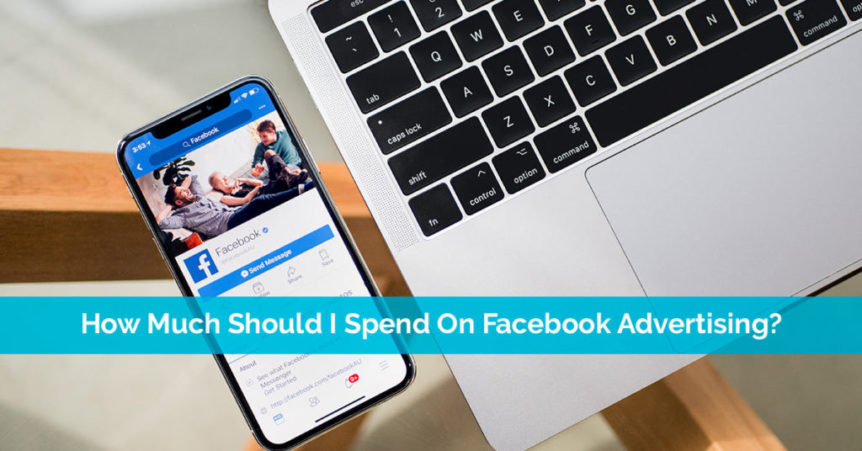Marketing your church isn’t quite as easy as traditional word of mouth anymore, but you still have to drive growth somehow.
Modern word of mouth involves getting your church noticed online. This is where Facebook advertising can help.
Despite the fear that marketing on social media is too expensive, even small churches with minimal budgets can benefit from Facebook ads. Thanks to targeted ads, your money goes to reaching the right audience.
Create A Marketing Budget
Before you decide how much to spend on Facebook advertising, create a set marketing budget. No matter how much you want to reach the vast audience that uses Facebook, you have to be realistic about your budget. After all, church funds have to be split among numerous areas, not just marketing.
When developing your budget, keep in mind that the money being spent helps to bring in new members. This adds more funds to your church as they tithe too. With new members, your church continues to grow and you’re able to help more people grow spiritually.
Determine Your Core Marketing Focus
The next step is likely the hardest. You have to determine what areas you want to focus your market budgeting on. For best results, consider having only one or two main areas to focus on. You can still encourage your members to spread the word or share blog posts on social media to market your church for free.
Ideally, social media and your website serve as two of the more popular focuses for today’s churches. They both allow you to reach more people and the marketing is available 24/7.
When you try to split your marketing budget too many ways, you’ll only get minimal results. By focusing on one or two areas, you’re able to fully invest in a set strategy and get the maximum results.
For instance, one church spent $40,000 over the course of five years on Instagram and Facebook advertising. This was their entire marketing budget and they went all in on two social networks. The church has welcomed dozens of new members and visitors throughout the marketing campaigns. For them, it was well worth it, though your church doesn’t have to invest quite that much.
Understand The Power Of Facebook
Why should church’s spend their marketing budget on Facebook advertising? Facebook is the most powerful social network. It has the biggest active user base with 2.2 billion active users as of March 2018. While this represents users from all over the globe, people in your local area and those who may be moving to the area also use Facebook.
Not only do people look for recommendations from friends and family about the best churches, they also notice Facebook ads. For people who show any interest in church at all, a targeted ad about an upcoming church event, sermon series or community service project might be all they need to check out your church.
Frankly, Facebook is too big to ignore as part of your church’s marketing strategy.
Learn From Success Stories
Facebook advertising isn’t just for big businesses. It’s highly effective for non-profits, such as churches. In fact, Facebook lists success stories from many non-profits to give you an idea of how things work and what you can expect. The good news is you can start small and still see success.
Spend What You Can
What should you spend? The simple answer is spend what you can. If you only have $50 a month to spend, that’s plenty. While this breakdown from Moz was created in 2014, the numbers haven’t changed much since. According to that breakdown, $1 per day helps you reach as many as 4,000 users. Odds are, you have at least $30 in your marketing budget.
Even this advanced 2018 guide from Aggregate Blog showcases your church can get started for around $20. Test the waters with a small, inexpensive campaign to learn how the Facebook advertising system works. This lets you test different types of ads, demographics and more. Once you’ve learned what works and what doesn’t, then invest a little more. Remember, only do what you can and that will be enough to help boost growth.
Do you have a church website to send Facebook users to when they click an ad? Make sure your church has a home online with your own church website.




